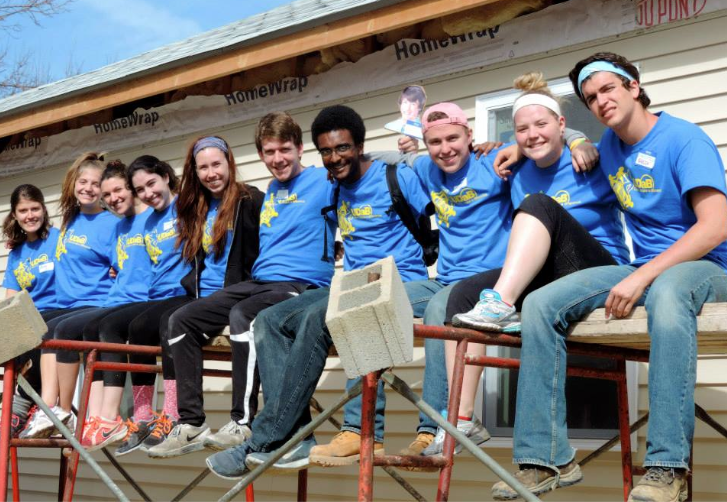Living for the summer in the world’s pickpocket capital, I’m actually surprised I went two weeks without someone stealing my belongings. However, lo and behold, my final six weeks in Barcelona I was phoneless. Yes, going through Instagram withdrawal was excruciating, but thankfully I lived to tell this tale.
Honestly, the worst part about not having a phone was realizing how much I used technology as a crutch in my daily life. I always used to joke about being directionally challenged, but now I know that I literally have zero sense of direction; it’s as if I was born without one. Before leaving my apartment to meet up with friends I would study my Google Maps route and even write down turn by turn directions on a PostIt notes, but I would get lost each and every time. Coming out of the metro there are small maps with the general area posted at the exit, and I would inevitably choose the wrong direction every. single. time. Meeting up with friends proved extremely difficult, as well. Not only did I have to make sure I was on time (a nearly impossible task for me) but I also had to time the metro trips perfectly in order to make sure my journey was actually twenty five minutes, not forty five or fifty. After this experience, I learned that it’s best to pick an obscure landmark to meet at such as the giant block structure on Barceloneta Beach or Botero’s fat cat sculpture rather than just “meet ya at the metro!”
On the other hand, being disconnected from technology (aside from at work) for almost two months was actually quite nice. While strolling through the Gothic Quarter or meandering through La Boqueria fruit market I was able to fully take in my surroundings rather than worry about which Instagram filter would look best with the photo I just took. I even attended a music festival for the first time without constantly recording videos and taking pictures for my Snapchat and let me tell you, the experience was ten times better. I was able to actually sit in a cafe and write articles for my internship without the constant distraction of a buzzing iPhone. I was able to enjoy the live Spanish guitar in the park without wondering if I could connect to WiFi somehow. I was able to get acquainted with my Canon Rebel instead of relying on my phone for photographs. I was fully in the now, and that is something I don’t think I would have been able to do had I been glued to my cellphone the entire trip.
Of course I wish that someone hadn’t stolen my phone because now I need to take a sledgehammer to my piggy bank, but reflecting upon the situation, it wasn’t the worst thing that could have happened. When I get home, I’ll know that I can turn my phone off for a few hours while studying for a test, while catching up with a friend from freshman year over coffee, or during a movie night with my roommates, and I will survive. If I go for a hike through White Clay Creek or go out to the Green to catch some rays, I’ll opt to leave my phone at home. Everyone tells our generation to “unplug” a little bit, but no one really takes that suggestion seriously. Although it wasn’t necessarily my choice to go without a phone, I’ll now take that advice to heart. Give your thumbs a break and give it a try, you just might like it.









